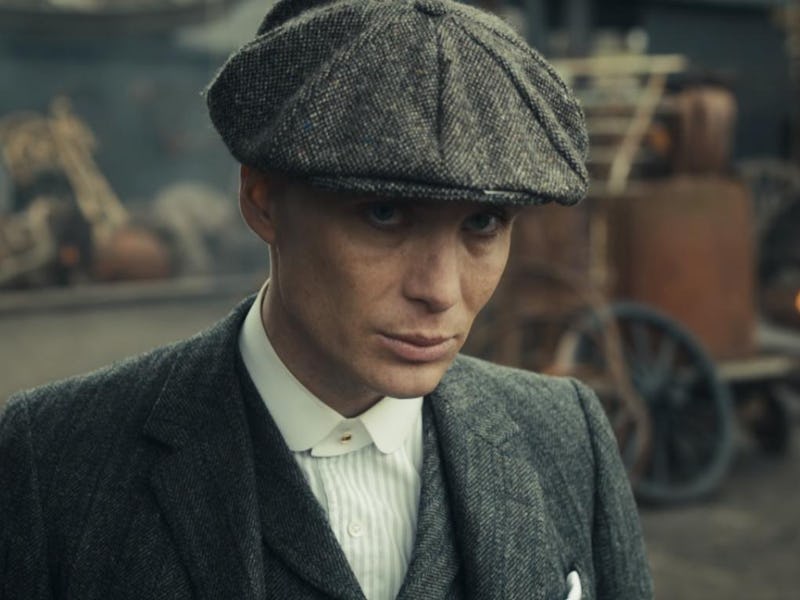A BBC Period Drama Took on the Prestige Antihero Genre — And Created a Thrilling Hybrid
A decade before Oppenheimer, Murphy led another period ensemble masterpiece.

We may be in an era of female-focused blockbusters, but there’s something to be said for the stories that allow dudes to be dudes. Oppenheimer was a premiere example of this, following a number of genius men in a society that questioned them getting together and doing great science (along with the strong women who supported them.) Cillian Murphy nails the quiet masculinity of a man who knows society will always have his back, while still dealing with his own moral quandaries.
But 10 years earlier, a BBC series formed the blueprint for this kind of story, and it was led by the very same man. Here’s how Peaky Blinders changed television forever when it premiered on September 12, 2013 — and combined two of the most intriguing genres ever to create an irresistible hybrid.
Peaky Blinders is the ultimate ensemble crime drama — all led by Cillian Murphy as Tommy Shelby.
Peaky Blinders has a complex legacy. The BBC series began as a British answer to the “boxset show,” popular “Golden Age” American shows that were only available in the U.K. through DVD boxsets. Peaky Blinders combines the complex, toxic-masculinity-soaked organized crime of gang thriller shows like The Sopranos with a genre the BBC had honed into fine art: the period drama. While it eventually evolved into an epic, star-studded historical drama that came to be co-opted by right-wing politicians, in its beginnings, it had a simple formula and stuck to it.
Tommy Shelby (Murphy) leads the Peaky Blinders, a robbery and bookmaking gang in 1919 Birmingham. Having returned from the front of World War I, he is still mentally and emotionally recovering from that trauma, but expresses it by ruling over the city with an iron fist. But like all good antiheroes, Tommy has someone hot on his heels: Major Chester Campbell (Sam Neill), who is sent to find a collection of guns accidentally stolen by the gang.
As the first episode plays out, we’re introduced to Tommy, the small mistake that his gang makes, and the actions that lead him to double down and escalate his life of crime. Even though the hour-long episode has to introduce a whole ensemble cast, it’s paced perfectly and still finds time to establish a romance, a spy story arc, and a compelling political atmosphere.
Helen McCrory’s Aunt Polly is the perfect example of a period drama approach to a gang thriller genre.
The pilot episode of Peaky Blinders perfectly manages the balance of its two tones. On the one hand, there’s the harsh reality of the business Tommy is in: executions, robberies, and cops in the pocket of the gang. On the other, the grounded, gritty time period he’s inhabiting gives Peaky Blinders the elevated elements of the costume drama: the antiquated culture, the etiquette, and the dialogue.
Take, for example, Aunt Polly, played impeccably by the late, great Helen McCrory. She’s the matriarch of the Shelby family and ran the crime ring while the men were away at war, but when we see her chat with Tommy for the first time, it’s on the pews of a church while she prays, blending the crime and the history in equal measure.
Tommy Shelby’s story would go on to become a tense thriller on par with Walter White’s and Tony Soprano’s, but in this first episode, he’s introduced to audiences as a period drama lead for a new era. Much like Oppenheimer, he finds himself thrust into a position of power while on his own (dubiously moral) mission, but whether that’s making a scientific discovery or taking out his enemies one by one, you can’t help but root for him.
Peaky Blinders is now streaming on Netflix.
This article was originally published on